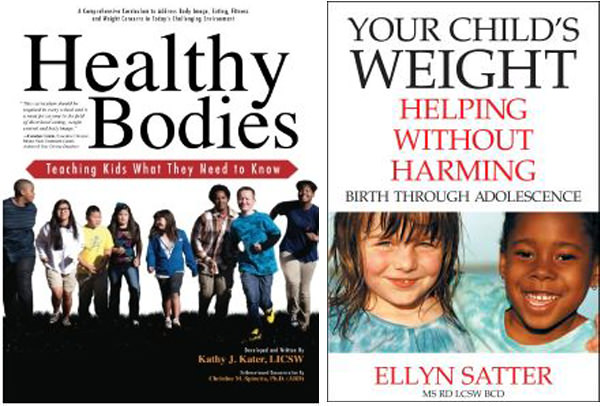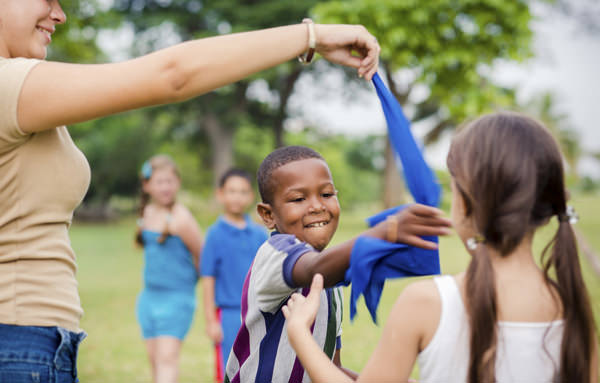The school year is over and for many parents of overweight kids the pressure is on to decide whether or not to enroll in weight loss camp. Do weight loss camps help or do they make things worse? It depends as much on the family and the child as it does on the camp. Done right, weight loss camp may jump start good habits that last a lifetime. Done wrong, camp may set the stage for years of failed diet attempts with feelings of failure and shame. The decision to take part in weight loss camp is a very important one.
Children, teens, and young adults of both genders can go to a weight loss camp, which can last from two to eight weeks and cost between $2000 and $8000. They group children by gender and age to learn about food, nutrition and cooking, athletic skills, and tools to support emotional health. Building positive self-esteem must be a goal of the program.
Menus must be devised by registered dietitians and wholesome communal meals and snacks should be served. In the best camps, the common menu offers around 1700 calories a day, but the camper actually decides how much to eat. Nutrition education helps the child to learn which foods are necessary and appropriate all of the time or just some of the time. Children should learn how and when to start and stop eating. The emphasis should always be on healthy eating, not on calories.
Exercise options should be presented as a choice of activities: swimming, jogging, yoga and Pilates, tennis, dance, volleyball, kayaking, and others that form the basis of lasting skills. Every day, the schedule is packed.
Note that most kids do lose weight at weight loss camp.
But the proof of success depends upon the transition back to home. Julie Duffy Dillon, a registered dietitian with an M.S. in counseling from Greensboro, NC, has her doubts.
“Encouraging a child to lose weight in a summer camp bubble will not instill lifelong lessons. Imagine how the child will feel when he or she has access to the ‘forbidden foods’ that usually aren’t around at camp. Once they start tasting and eating those foods, most will feel out of control and be unable to stop.”
Regardless of age, calorie restricted diets fail 95 percent of the time. Dieting attempts actually predict future weight gain.
In addition to food, exercise and self-care activities, Julie recommends that weight loss camps maintain a particular orientation:
- Offer individual and group therapy to learn ways to cope with feelings without using food.
- Encourage children to accept and respect their bodies in order to heal the shame of living in a weight stigmatizing world.
- Use registered dietitians to teach attuned eating and not calorie restriction.
- Use exercise physiologists to teach movement that is enjoyable and not punishing.
If those requirements are met and toxic family matters are addressed, then weight loss camp has a chance of being the beginning of a beautiful future. One in particular that I like is Green Mountain at Fox Run. But in the case of less, it is better to stay away. Parents are urged to soul-search the family and investigate the camps.
To address the issue of childhood obesity, these books are especially helpful: Your Child’s Weight: Helping without Harming by Ellyn Satter and Healthy Bodies; Teaching Kids What They Need to Know: A Comprehensive Curriculum to Address Body Image, Eating, Fitness and Weight Concerns in Today’s Challenging Environment by Kathy Kater.

Also Read:
Foodie Reads for Kids: Your Official Summer Reading and Eating List
Childhood Obesity Now Treated at a Loyola Clinic
12 Ways to Get Your Preschooler to Eat Fruits and Veggies

